The number of new company cars registered in April increased by 32%, with 17,300 more vehicles delivered to fleets than in the same month last year.
New data from the Society of Motor Manufacturers and Traders (SMMT) also shows that manufacturers are delivering the majority of their volume to fleets, compared to the priotisation of retail customers seen during 2022.
There were 71,648 new cars registered to fleet and business in April, compared to 54,251 last year, equating to a market share of 54%. This time last year, fleet and business registrations accounted for 46% of the market.
Year-to-date, fleet and business registrations are up by an even higher 38%, holding 54% market share with 337,655 new company cars registered, compared to 244,388 units in the first four months of 2022 and a 46% market share.
Overall, the UK new car market recorded its ninth successive month of growth in April, with an 11.6% increase to reach 132,990 registrations.
It marks the best April since 2021’s 141,583 units, but is still 17.4% down on 2019 volumes.
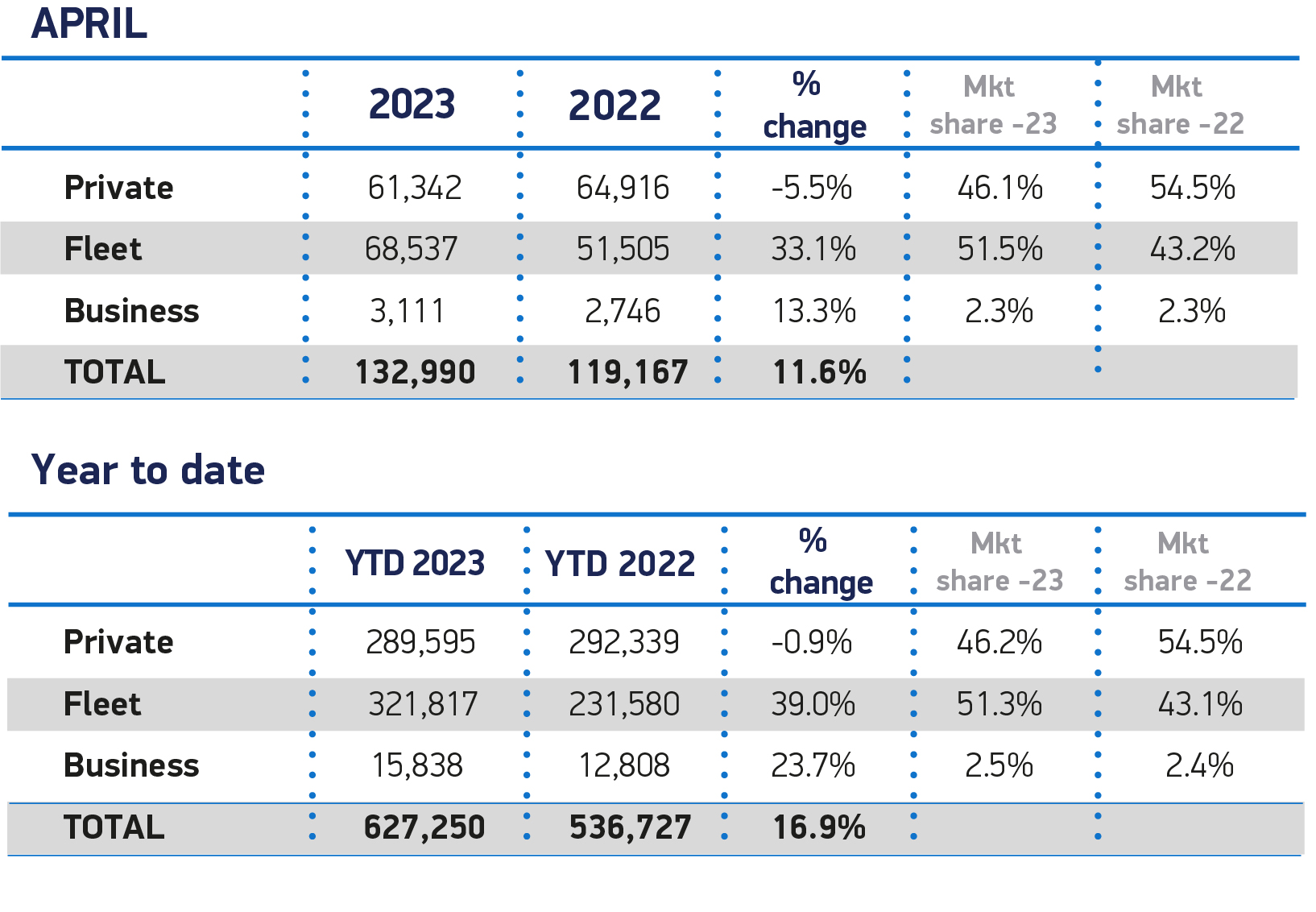 Mike Hawes, SMMT Chief Executive, said: “The new car market is increasingly bullish, as easing supply chain pressures provide a much-needed boost.”
Mike Hawes, SMMT Chief Executive, said: “The new car market is increasingly bullish, as easing supply chain pressures provide a much-needed boost.”
Battery electric vehicles (BEVs) remained the second most popular fuel type, with deliveries up by more than half to 20,522 and 15.4% of the market.
Plug-in hybrid vehicles (PHEVs) also posted strong growth, up 33.3% with 8,595 registered in the month, while hybrid electric vehicles (HEVs) recorded a 7.7% increase to 15,026 units.
As a result, electrified vehicles accounted for more than one in three registrations in April. Petrol-powered cars retained their best-selling status, comprising 58.1% of all registrations.
However, Hawes said: “The broader economic conditions and charge point anxiety are beginning to cast a cloud over the market’s eagerness to adopt zero emission mobility at the scale and pace needed.
“To ensure all drivers can benefit from electric vehicles, we need everyone – Government, local authorities, energy companies and charging providers – to accelerate their investment in the transition and bolster consumer confidence in making the switch.”
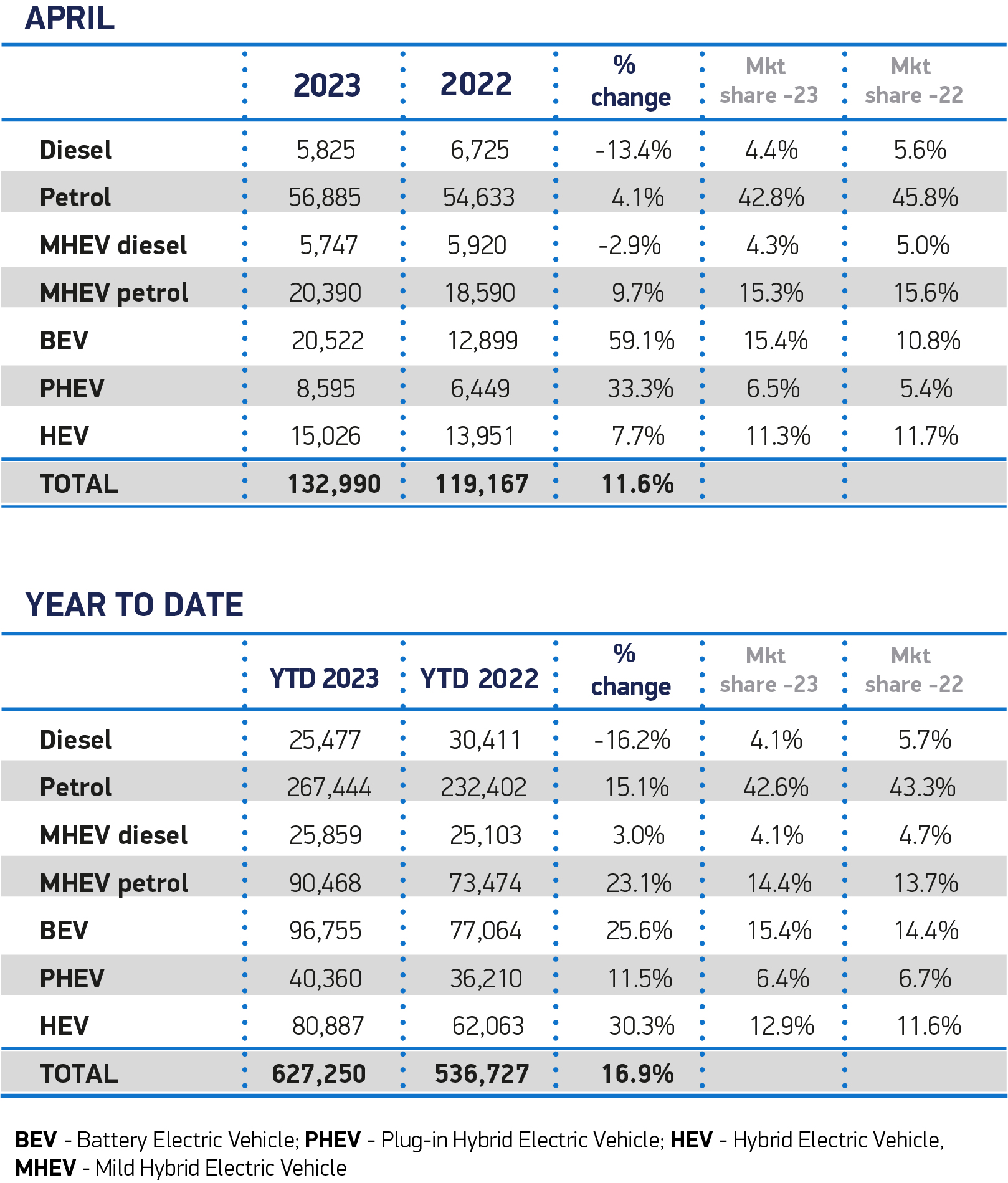
New car market revised upwards
As supply chain pressures have begun to ease, the overall market is now up 16.9% in the first four months – the best start to a year since the pandemic.
This has led to an upward revision of the quarterly market outlook, the first positive revision since 2021, with 1.83 million new car registrations expected in 2023, up from 1.79 million anticipated in January.
It puts expected market growth this year at 13.5%, which would be the best percentage gain since 1983.
The sector is, however, less optimistic about growth in demand for BEVs, downgrading their expected 2023 market share from 19.7% to 18.4%, with high energy costs and insufficient charging infrastructure anticipated to soften demand.
The latest outlook for 2024, meanwhile, suggests that 22.6% of new car registrations will be BEVs, a downward revision from the 23.3% forecast in January.
With a zero-emission vehicle mandate due to come into effect next year, greater and faster investment in infrastructure, and more incentives to encourage purchase are essential to drive consumer confidence and accelerate uptake, says the SMMT.
Nick Williams, transport managing director at Lloyds Banking Group, parent company of Lex Autolease and Tusker, said: “We’ve already seen more EVs registered so far this year than in the same period last year, as the UK continues to demonstrate that the future of motoring is electric.
“However, all eyes will be on Government at the end of this month when the consultation on the zero emissions vehicle mandate closes.
“We hope to see robust legislation finalised which will ensure a steady supply of electric models in the UK, to meet the growing demand from drivers looking to make the switch.
“It’s only through continued commitment to an electric future, driven by world-leading legislation, as well as investment in the charging infrastructure, that the transport sector will remain on track to achieve its net zero targets.”
Jon Lawes, managing director for Novuna Vehicle Solutions, is concerned that, despite the positive steps towards the road to net-zero in recent months, with the zero-emission vehicle mandate and the Local Electric Vehicle Infrastructure (LEVI) funding announcement, the 2030 target is looking “increasingly out of reach”.
“Swift action and sustained investment are urgently required to deliver adequate public charging which remains insufficient and threatens to undermine momentum towards wider EV uptake in the months ahead,” he said.
“Our EVE report revealed that 30,000 new charging points would need to be built every single year for the next seven years, a tenfold increase in the number put in the ground over the past decade.”
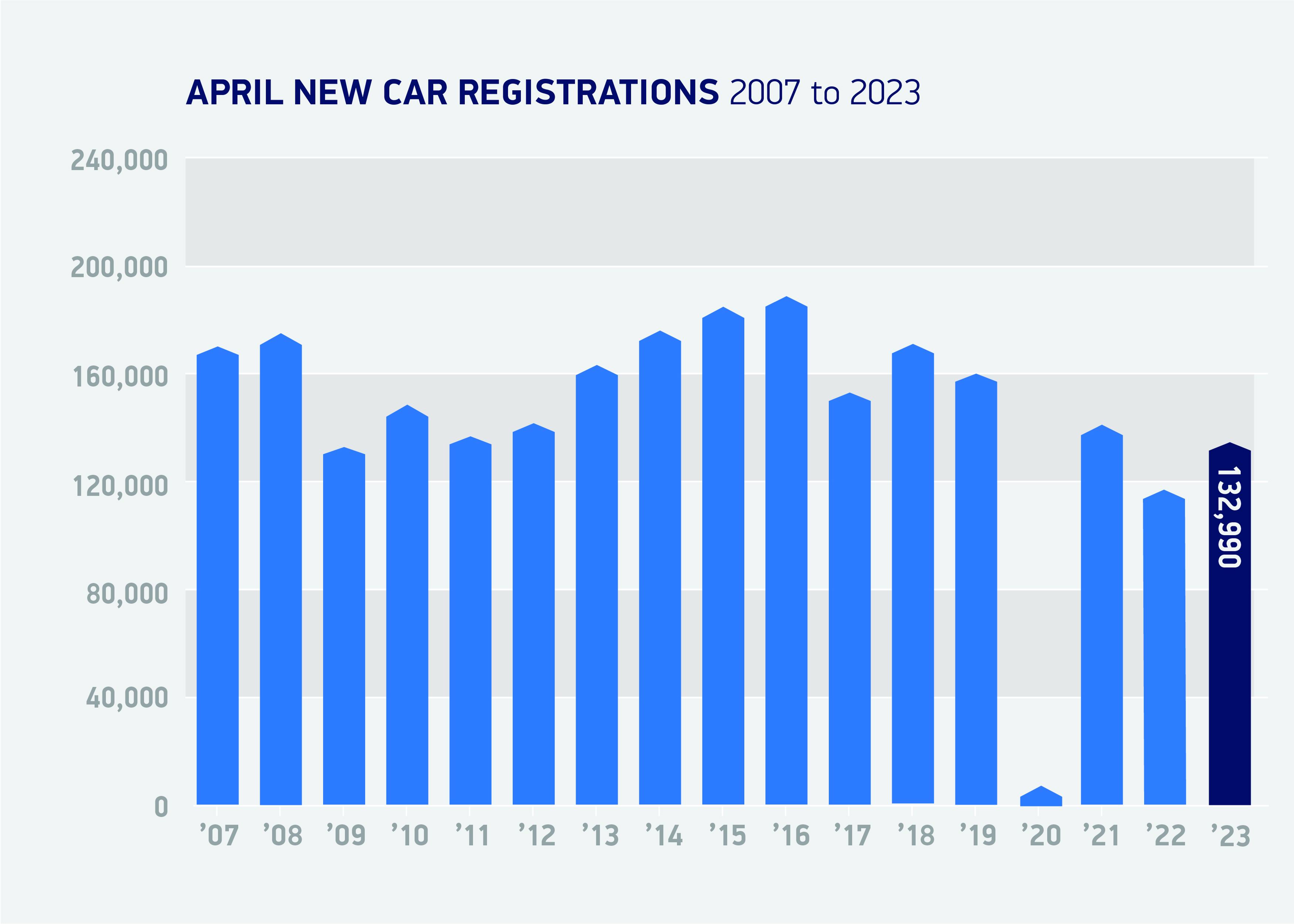
In terms of new vehicle supply, Chris Knight, UK automotive partner for KPMG, believes that, with vehicle production ramping up, the sector is over the worst of the supply challenges and long lead times of recent months are decreasing.
“Car sellers are keen to protect the high margins of a supply constrained market, but we are seeing increasing discounting across the sector, bringing down average prices and creating better deals for consumers,” he said.
“This has a knock-on effect in normalising historically high used car values. Used EVs in particular are becoming more affordable as more cars than ever are entering the second-hand market, and new prices are also coming down. This creates more options for those wanting to make the switch to electric.”
Jamie Hamilton, automotive partner and head of electric vehicles at Deloitte, added: “For the growth of EVs to continue at a pace that will meet mandated targets around the sale of zero emission vehicles, improvements to the UK’s charging infrastructure are necessary.
“The attractiveness of an EV to those with off-street parking compared to those without remains a major barrier to adoption.
“Government figures show that around 40% of Britain's 33 million cars are parked on the street, meaning that continued investment in affordable, accessible public charging points is needed to serve millions of potential EV drivers.”
David Borland, EY UK and Ireland automotive leader, also believes that short-term plug-in vehicle demand will continue to contend with “insufficient charging infrastructure” and changes in the total cost of ownership for battery electric vehicles driven by high energy costs.
“For infrastructure, there was recently a welcome announcement that 18 charging network providers are creating a trade association - a clear recognition that a more joined-up approach is necessary to serve the needs of a fast-paced transition,” he said.
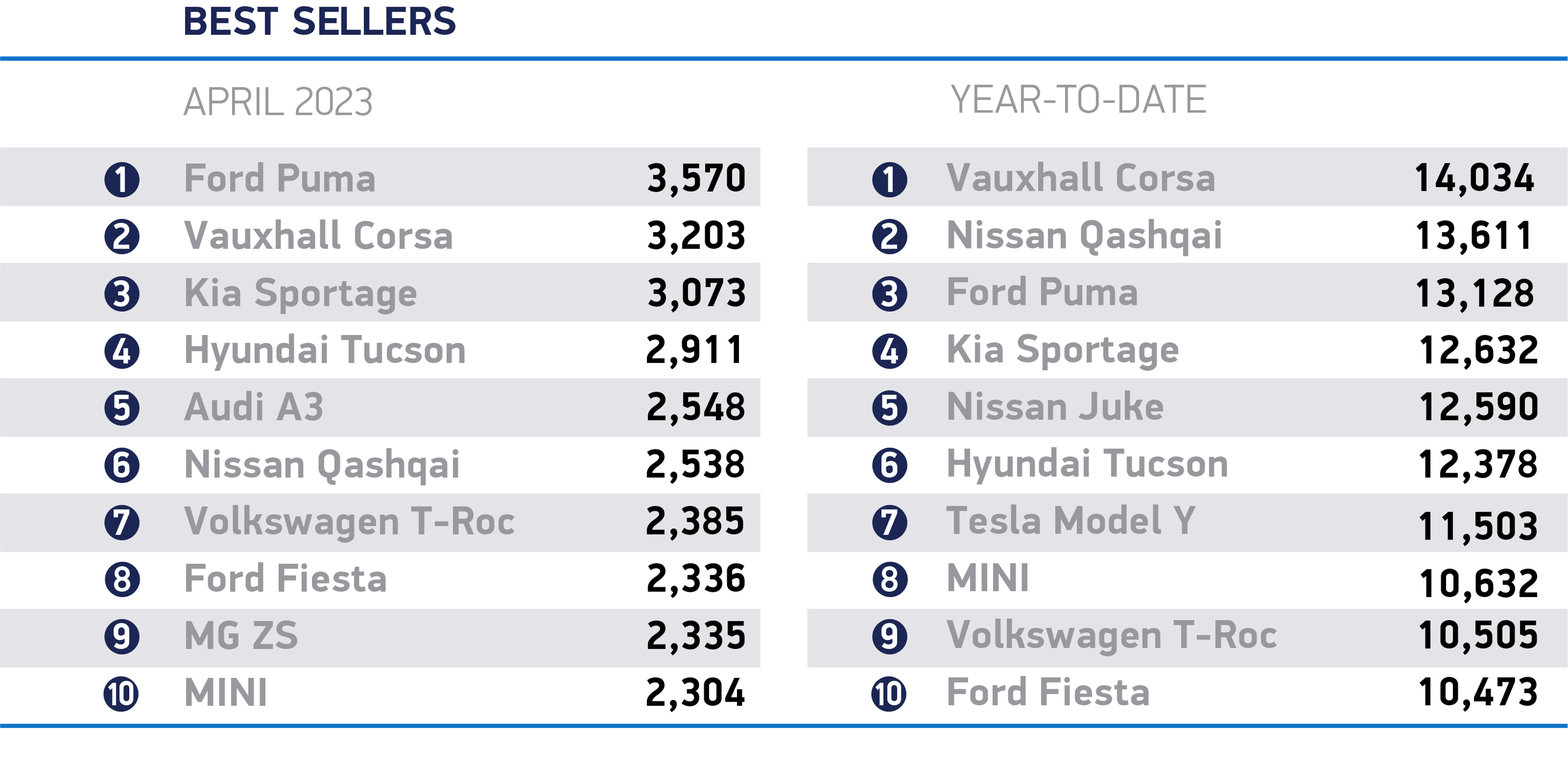

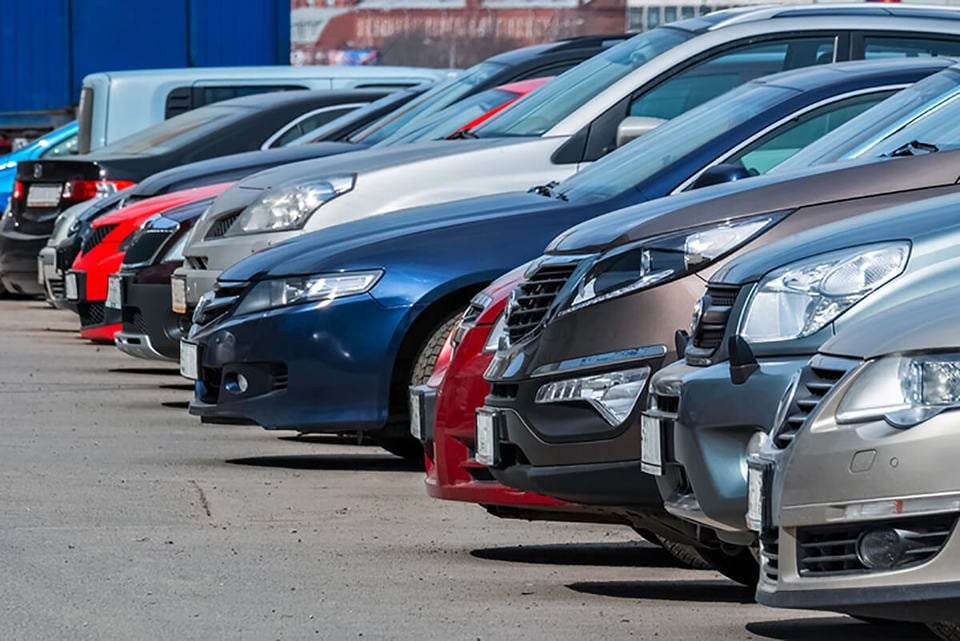





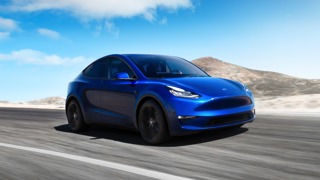















Login to comment
Comments
No comments have been made yet.